Two genetically distinct populations of killer whales have moved into Arctic waters as climate change melts sea ice, raising concerns about the impact on the fragile ecosystem.
Killer whales are expanding their territory and have moved into Arctic waters as climate change melts sea ice, with two genetically distinct populations being identified by Canadian scientists. But their study says that could have 'severe consequences' for potential prey whales such as belugas, narwhals and bowheads, that lead researcher Colin Garroway called 'slow, chubby and delicious.
' Garroway, an evolutionary geneticist at the University of Manitoba, said in an interview that the situation was complex — the Arctic orcas have the potential to upend ecosystems as apex predators, even as they merit conservation concern. The study says the orcas could also affect humans, by 'adding top-down pressure on Arctic food webs crucial to northern communities' social and economic well-being.' It says killer whales in the eastern Canadian Arctic have been observed preying mostly on beluga whales and narwhals, followed by bowhead whales and seals. 'We think there's going to be a big change in the community structure and how these different creatures interact,' said Garroway. The study says the Arctic is the fast-warming region on the planet, and as sea ice retreats, its waters are opening to traditionally sub-Arctic species such as killer whales. Garroway said killer whales were once thought infrequent Arctic visitors, since they risked breaking their famous dorsal fins on ice. But sightings have become more frequent. Garroway said researchers took tissue samples from the orcas 'and we were super surprised that there are actually two highly distinct populations.' 'I was like — I didn't believe it, and then I dug in and dug in and … it's all pretty straightforward stuff to do when you have the data. And, sure enough, there were two distinct populations,' said Garroway, adding that they numbered in the hundred
Climate Change Arctic Killer Whales Ecosystem Predation
Canada Latest News, Canada Headlines
Similar News:You can also read news stories similar to this one that we have collected from other news sources.
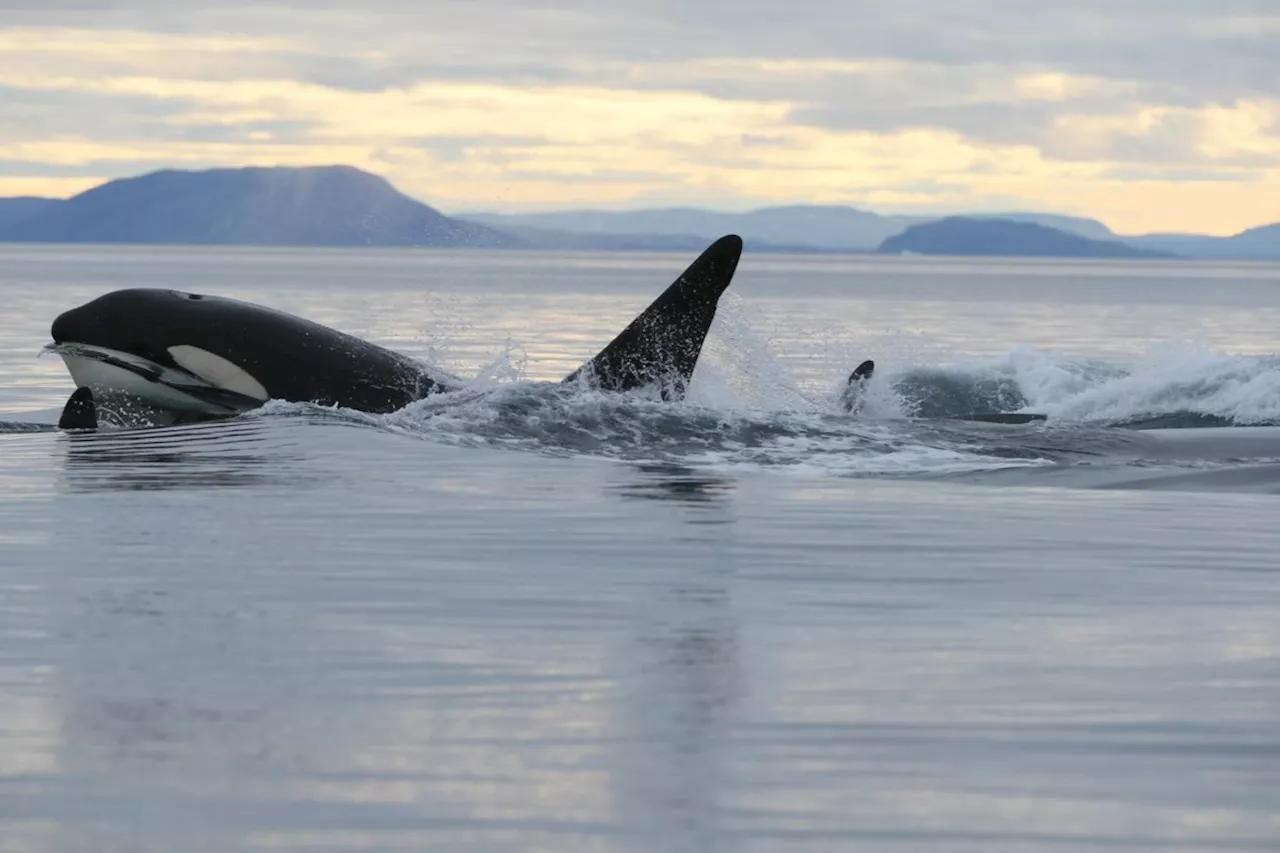 Killer Whales Move Into Arctic Waters, Threatening Prey and EcosystemsAs climate change melts sea ice, killer whales are expanding their territory into Arctic waters, posing a threat to native prey species like belugas, narwhals, and bowhead whales. Canadian scientists have identified two genetically distinct populations of orcas in the region, raising concerns about potential ecosystem disruptions.
Killer Whales Move Into Arctic Waters, Threatening Prey and EcosystemsAs climate change melts sea ice, killer whales are expanding their territory into Arctic waters, posing a threat to native prey species like belugas, narwhals, and bowhead whales. Canadian scientists have identified two genetically distinct populations of orcas in the region, raising concerns about potential ecosystem disruptions.
Read more »
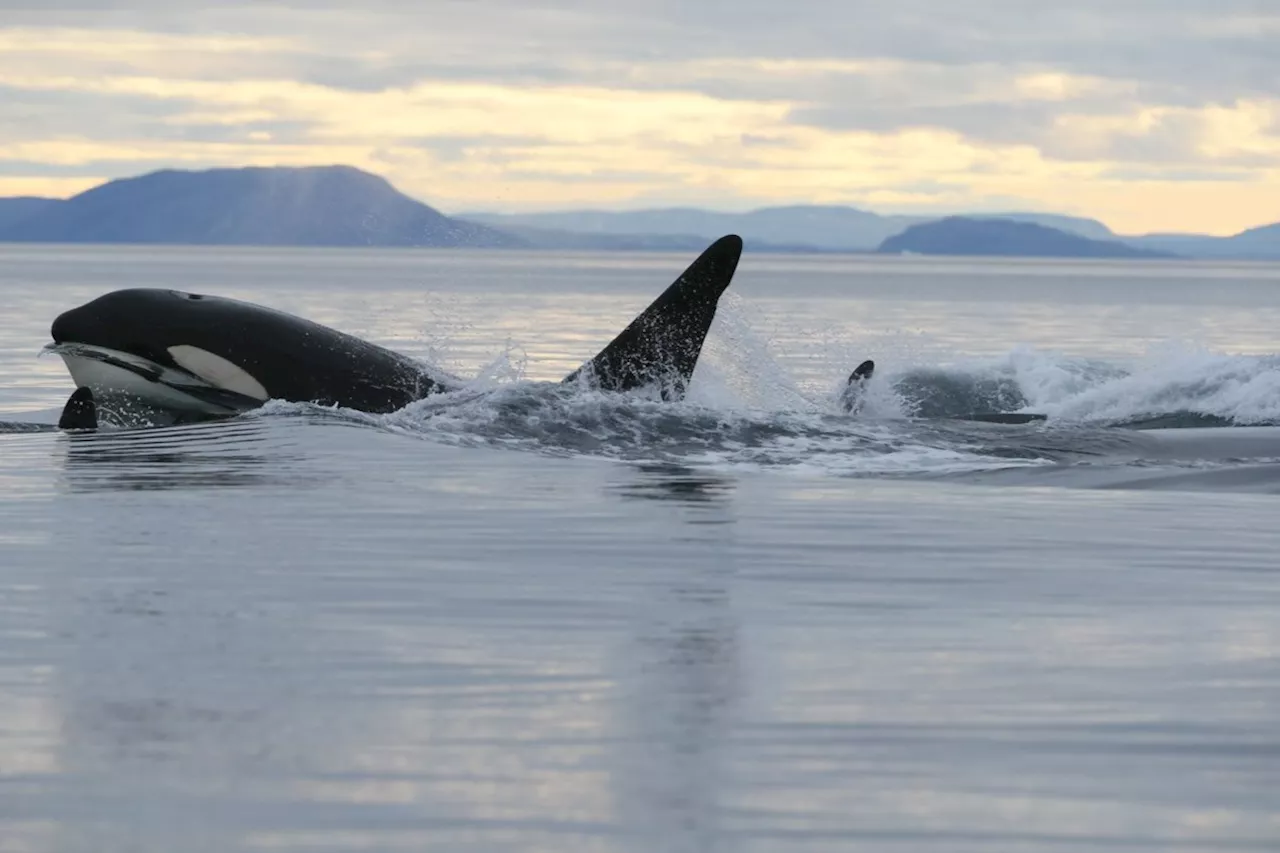 Killer Whales Enter Arctic Waters, Raising Concerns for EcosystemTwo distinct populations of killer whales have been identified in the Canadian Arctic as climate change melts sea ice, prompting concerns about potential impacts on the local ecosystem.
Killer Whales Enter Arctic Waters, Raising Concerns for EcosystemTwo distinct populations of killer whales have been identified in the Canadian Arctic as climate change melts sea ice, prompting concerns about potential impacts on the local ecosystem.
Read more »
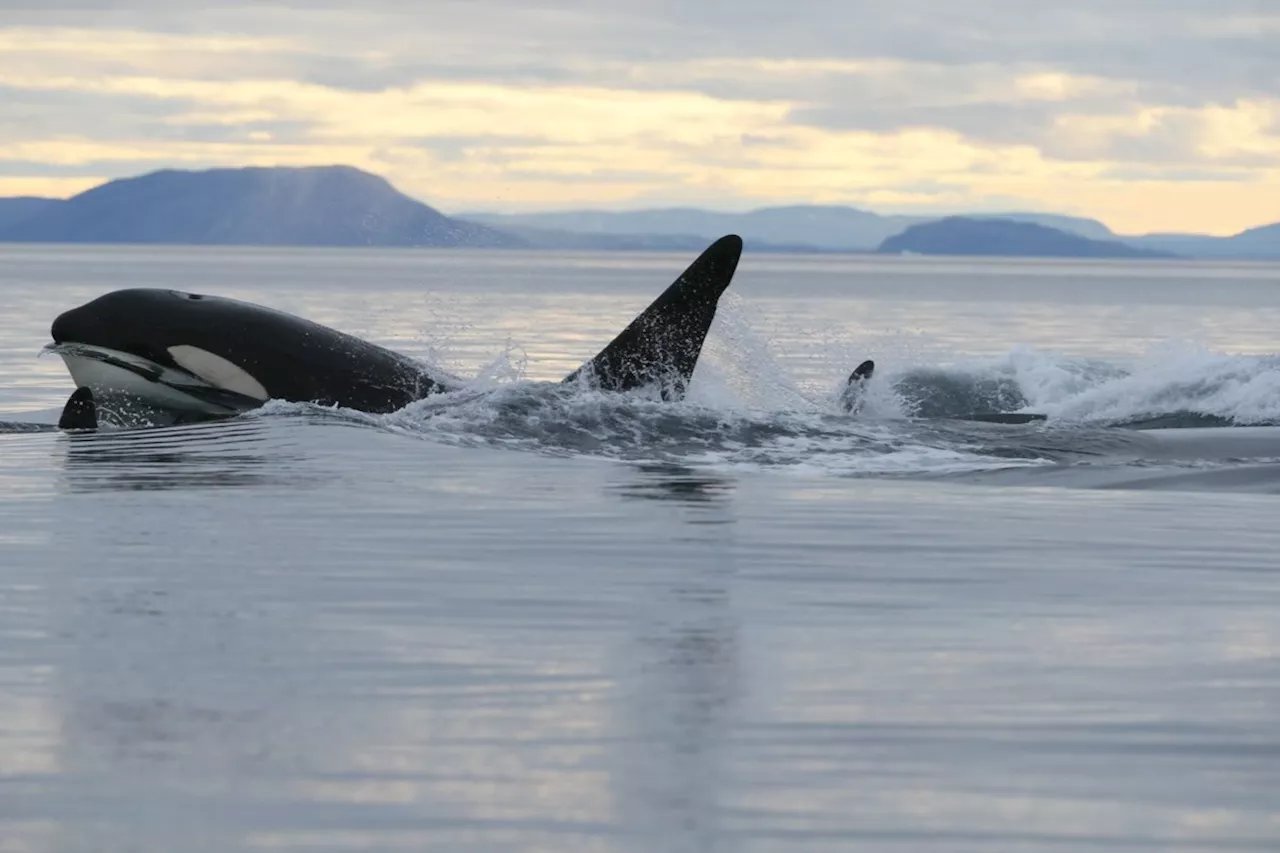 Killer Whales Move Into Arctic Waters, Raising ConcernsTwo distinct populations of killer whales have been spotted in the Arctic, raising concerns about the potential impact on the delicate ecosystem. As sea ice melts, these apex predators are expanding their territory, with the potential to disrupt the food web and threaten prey species like beluga whales, narwhals, and bowheads.
Killer Whales Move Into Arctic Waters, Raising ConcernsTwo distinct populations of killer whales have been spotted in the Arctic, raising concerns about the potential impact on the delicate ecosystem. As sea ice melts, these apex predators are expanding their territory, with the potential to disrupt the food web and threaten prey species like beluga whales, narwhals, and bowheads.
Read more »
 Canada set to appoint Arctic ambassador, open new consulates as part of new Arctic Foreign PolicyCanada will appoint a new Arctic Ambassador and open two new consulates in the region to help deal with what it calls changing geopolitical dynamics in the Arctic, as part of its newly launched Arctic Foreign Policy.
Canada set to appoint Arctic ambassador, open new consulates as part of new Arctic Foreign PolicyCanada will appoint a new Arctic Ambassador and open two new consulates in the region to help deal with what it calls changing geopolitical dynamics in the Arctic, as part of its newly launched Arctic Foreign Policy.
Read more »
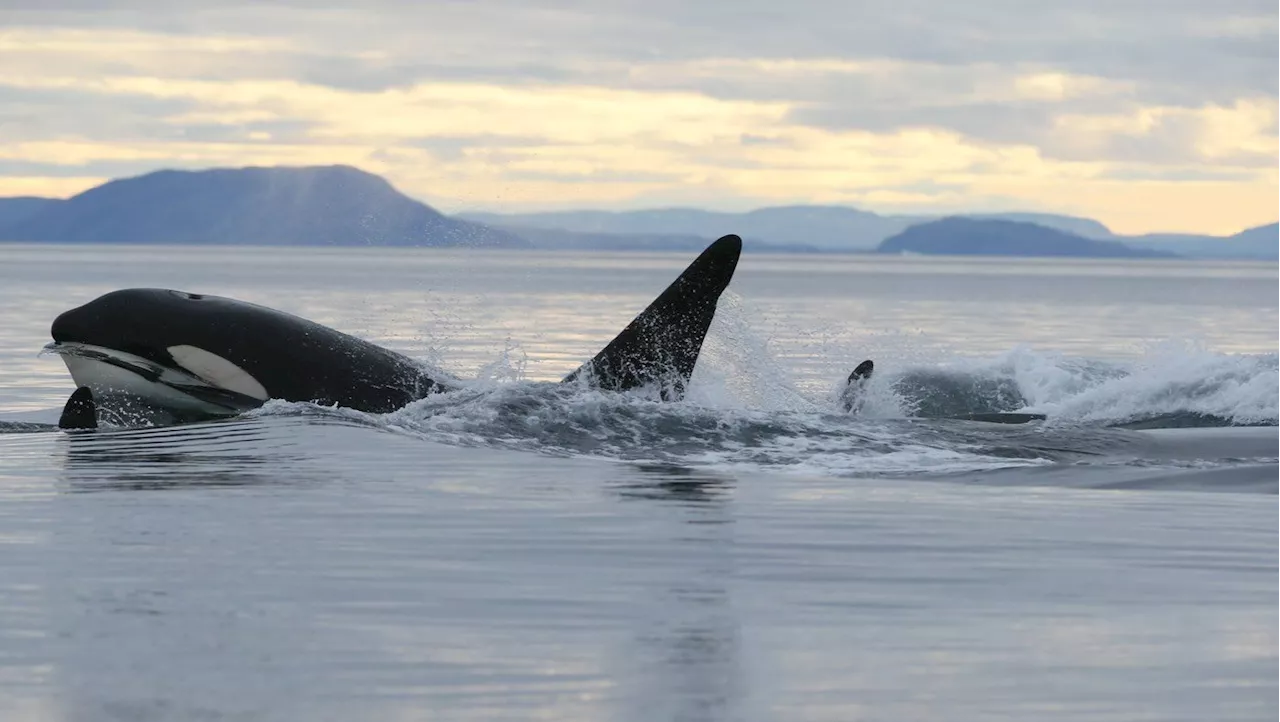 Orcas moved into the Arctic. It could be bad news for other whales, and humans tooKiller whales are expanding their territory and have moved into Arctic waters as climate change melts sea ice, with two genetically distinct populations being identified by Canadian scientists.
Orcas moved into the Arctic. It could be bad news for other whales, and humans tooKiller whales are expanding their territory and have moved into Arctic waters as climate change melts sea ice, with two genetically distinct populations being identified by Canadian scientists.
Read more »
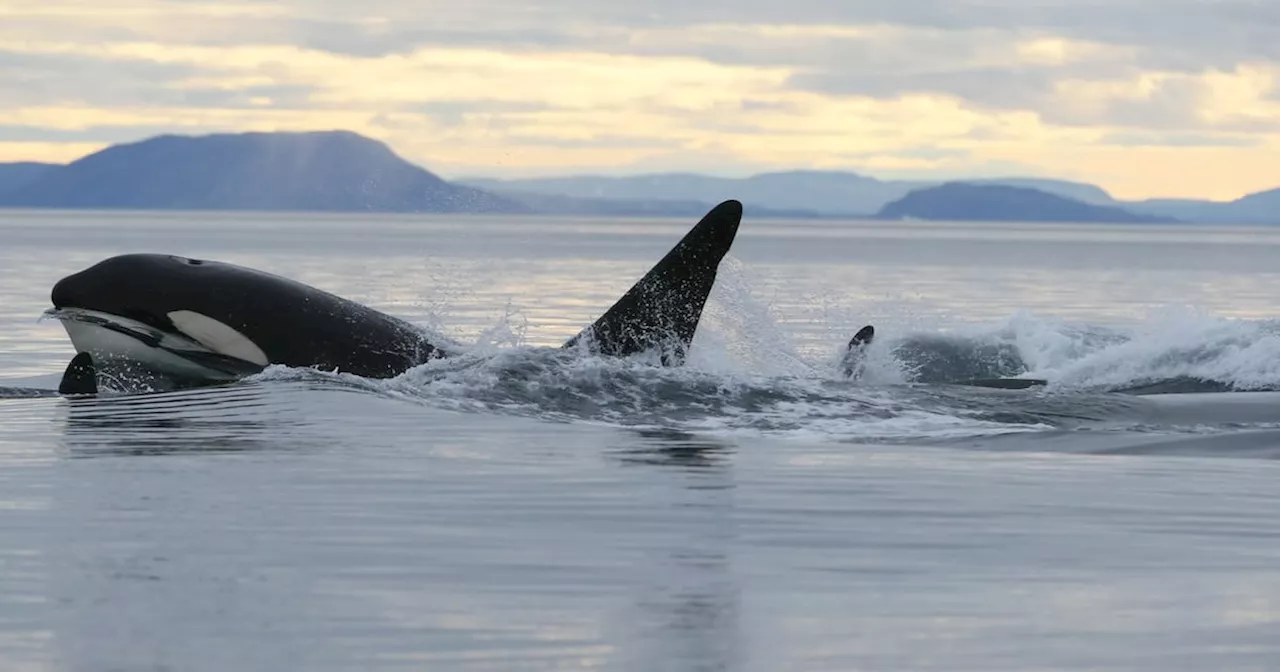 Orcas Move into Arctic, Potentially Disrupting Ecosystems and Human CommunitiesKiller whales are expanding their territory into Arctic waters due to melting sea ice, posing potential threats to other whale species like belugas, narwhals, and bowheads. This shift could disrupt Arctic food webs, impacting the social and economic well-being of northern communities.
Orcas Move into Arctic, Potentially Disrupting Ecosystems and Human CommunitiesKiller whales are expanding their territory into Arctic waters due to melting sea ice, posing potential threats to other whale species like belugas, narwhals, and bowheads. This shift could disrupt Arctic food webs, impacting the social and economic well-being of northern communities.
Read more »
